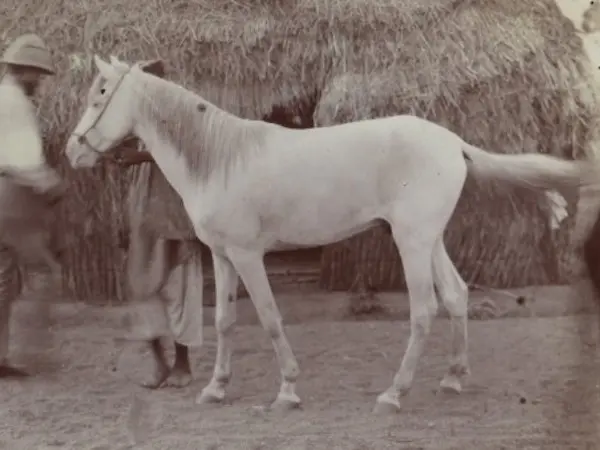Intro
Also called Ibarka Plateau ponies, the Piti Pony is named for the Piti-Abisi people in Nigeria where they are found. The word for horse in the Piti language is Ibarka and these small horses are also known by that moniker.
Origins
This breed is thought to have been in northern Nigeria before the infusion of larger Barb animals which came later. Possibly a wild breed that survived on poor vegetation in their plateau home which favored smaller, hardier animals. They are significantly different from the Hausa breeds found in more favorable grazing grounds on the savannah.
The Abisi are not horse breeders and like much of Nigeria prize their stallions. So much so that they do not keep mares, animals are procured by capturing wild horses or obtained by trade. Historically they used horses to trade for prisoners of war and pay tribute to the Emirate.
A Declining Horse Culture
The historical horse culture of the Abisi means they do not use their animals for labor, horses are mainly used for hunting. They are also very well kept, under the watchful eye of the house horsewoman who is responsible for their care.
Natural Selection in Process
These hardy little animals are interesting as they have developed an immunity to sleeping sickness which is often transmitted by the tsetse fly. Over the years, animals susceptible to the disease died off, leaving only those with immunity to reproduce.
Features
Average Height 12-13 hands
Physique
Strong, hard hooves
Traditional Colors
All colors
Temperament
Strong and stable
Use
Transportation
Hunting
Combat
